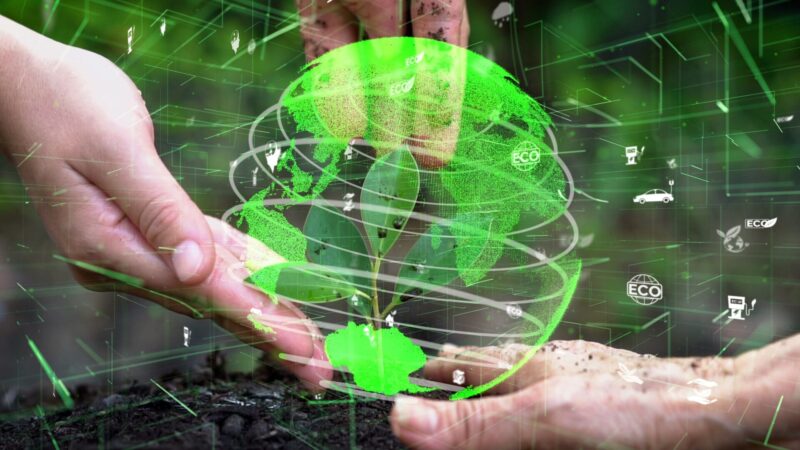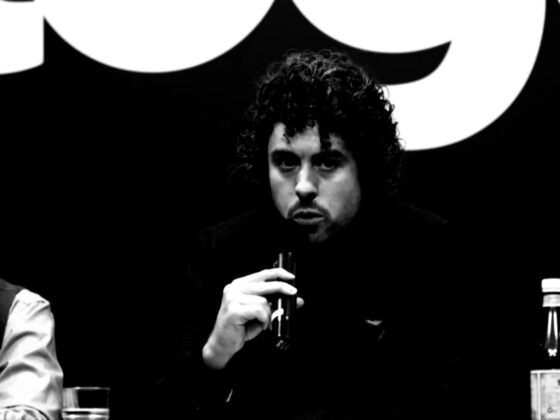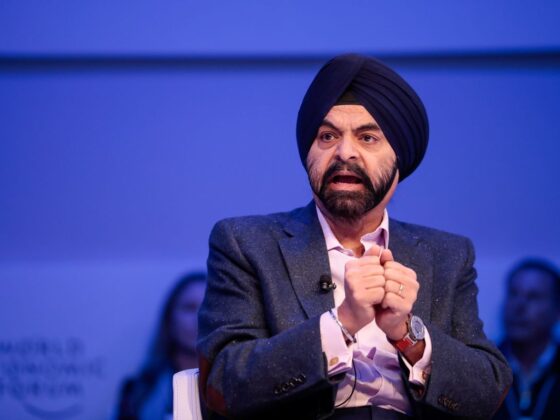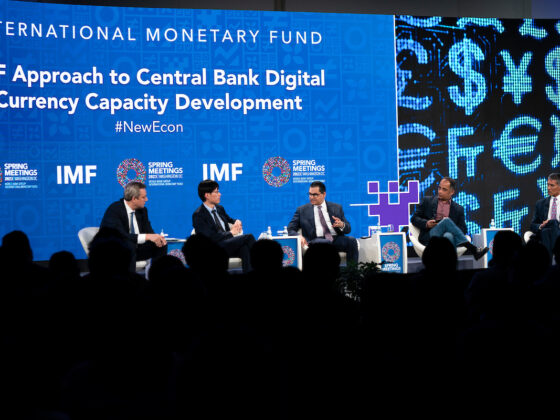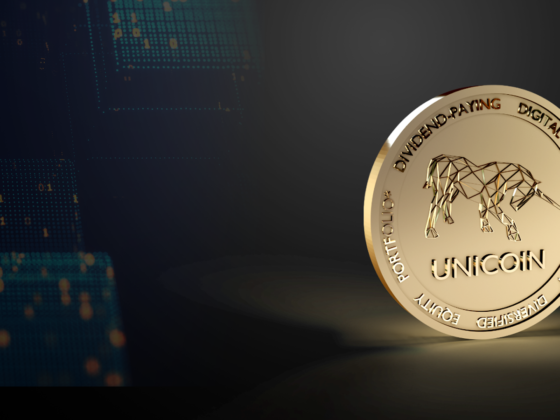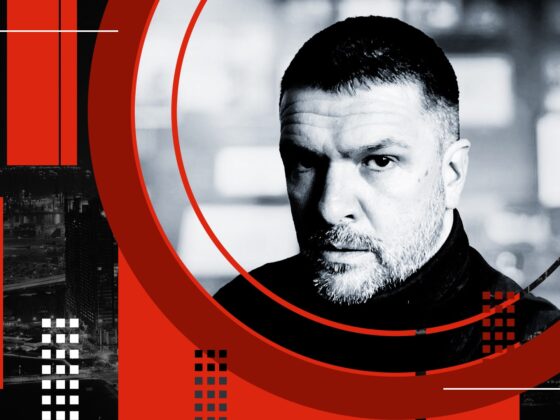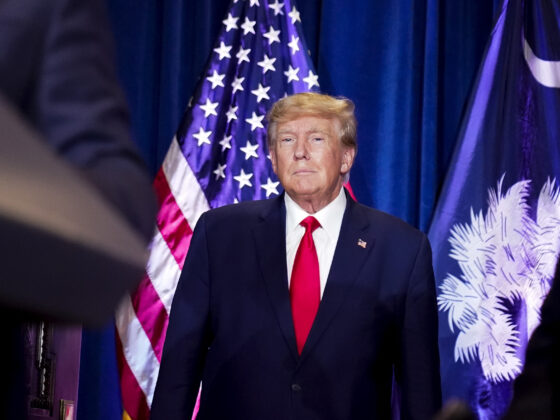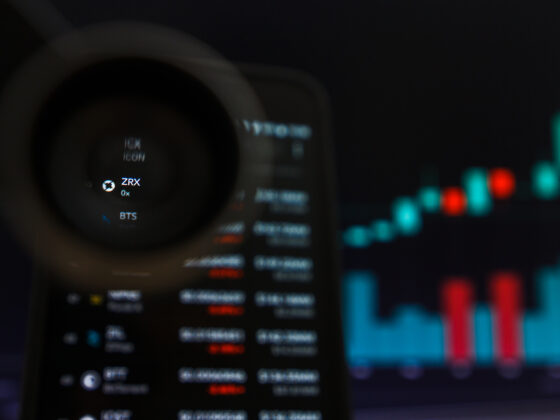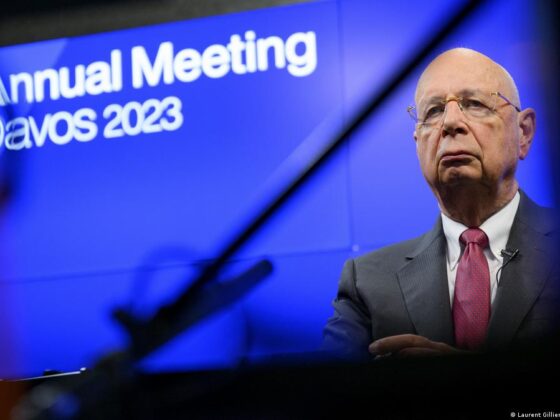After moving carbon into a system where it will be “very close to a currency,” the world’s financial elite are looking to tokenize just about everything in nature.
Speaking at a side session at COP27 on Wednesday, former Bank of England (BoE) senior advisor and G20 co-chairman Michael Sheren said that carbon was “moving very quickly into a system where it’s going to be close to a currency,” and that next on the agenda was the tokenization of nature and biodiversity, where places like Indonesia, Brazil, and Africa would be “absolutely critical.”
“Carbon, we already figured out, and carbon is moving very quickly into a system where it’s going to be very close to a currency” — Michael Sheren, Ex-Central Banker, COP27
'Carbon is moving very quickly into a system where it's going to be very close to a currency' …
Next, 'We start thinking about putting prices on water, on trees, on biodiversity … How do we start tokenizing?': Michael Sheren, Former Bank of England Advisor #COP27 pic.twitter.com/r5Nw3b2aeo— Tim Hinchliffe (@TimHinchliffe) November 9, 2022
“We’ve spent a lot of time in the G20, a lot of time in the BoE trying to understand where value is created — not just in our systems, but also where the threats to it are,” said Sheran.
“Carbon, we already figured out, and carbon is moving very quickly into a system where it’s going to be very close to a currency, basically being able to take a ton of absorbed or sequestered carbon and being able to create a forward-pricing curve, with financial service architecture, documentation,” he added.
And with carbon being close to a currency, “There are going to be derivatives.”
Next on the agenda is the tokenization of water, trees, and just about everything else in nature.

“We start thinking about putting prices on water, on trees, on biodiversity […] How do we start tokenizing? How do we start building systems that actually create not only the value, but transfer that value around the world?” — Michael Sheren, Ex-Central Banker, COP27
According to Sheren, “The southern part of the world has value far greater than large elements of the northern part.
“And we start thinking about putting prices on water, on trees, on biodiversity, we find where does that sit?”
The ex-central banker added that Indonesia, Brazil, and Africa were “absolutely critical” because “we need their natural capital as a system-based world more than we need that 66 billion [gold coins] we’ve got sitting in the basement of the Bank of England.”
“How do we start tokenizing?
“How do we start building systems that actually create not only the value, but transfer that value around the world?” Sheren pondered.
“The southern part of the world has value far greater than large elements of the northern part” — Michael Sheren, Ex-Central Banker, COP27
His remarks came during the UN Climate Change Global Innovation Hub’s COP27 side session on “Digital environment assets programmable money and the future of climate finance” that explored “how tokenizing environmental assets through blockchain technology can address frictions in mobilizing and distributing climate finance globally.”
After leaving the Bank of England in July, 2022, Sheren stepped into his current role as president and CSO at MetaVerse Green Exchange (MVGX).
MVGX “has two patent-pending technologies, Non-Fungible Digital Twin to represent objects in the metaverse, and Carbon Neutrality Token to facilitate cross-border trading of carbon voluntary emission reduction credits without triggering national ownership issues.”


